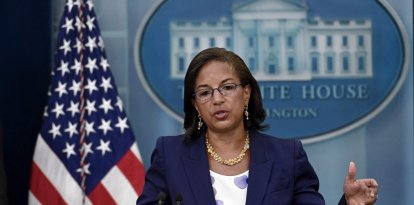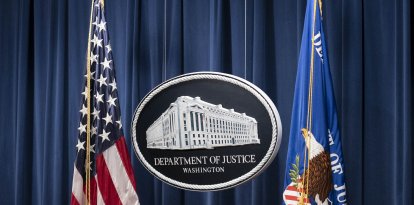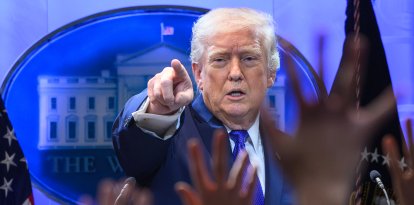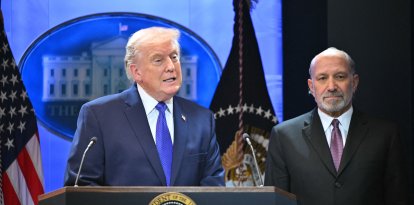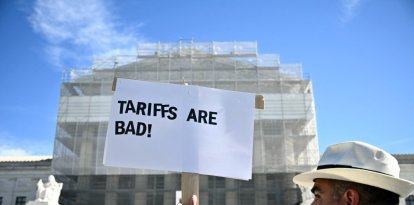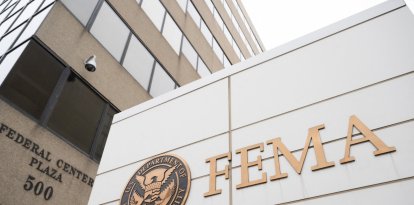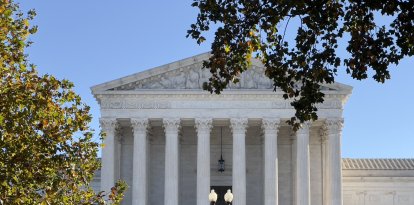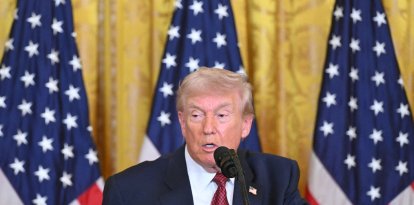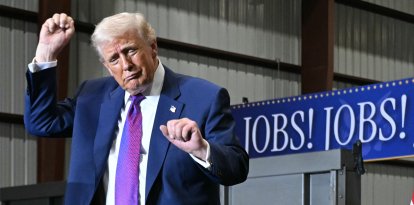Behind-the-scenes at the White House to hide Biden's health problems: 'Good days and bad days'
The Democratic president will finish the term at 82, the oldest to hold the office.

Joe Biden will leave office on Jan. 20/Saul Loeb
Since Joe Biden took office in January 2021, numerous Republicans and opinion leaders have noted that the president's health has not been good. Nearly nonexistent press conferences were soon joined by live furors and moments challenging to explain on camera for the "leader of the free world." A month into the end of the Biden administration, a report in The Wall Street Journal revealed how White House officials dealt with the declining health of the oldest-serving president in the nation's history.
The WSJ report features various interviews with White House workers and officials who shared personal experiences from the past four years.
A common denominator was the protection the team exercised over the president. In addition to limiting his public appearances, they ensured he had little contact with cabinet members and other high-profile officials, including high-profile secretaries such as Janet Yellen and Lloyd Austin.
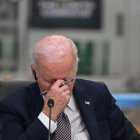
Society
Biden pardons Chinese offender convicted of possessing child pornography as part of prisoner swap
Verónica Silveri Pazos
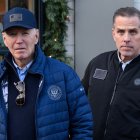
"To adapt the White House around the needs of a diminished leader, they told visitors to keep meetings focused. Some legislative leaders had a hard time getting the president’s ear at key moments, including ahead of the U.S.’s disastrous pullout from Afghanistan," the WSJ noted.
They also explained that there were strict limits on who could talk to the president, what could be said to him, and what information he could consume.
When did Biden's decline begin?
According to The Wall Street Journal, the president's problems began "in the first few months of his term." Officials began to notice a marked fatigue in meetings and assorted missteps. Some allies and members of Congress even received the following instruction, "Exchanges should be brief and focused."
One of the sources consulted for the article spoke specifically of the president having "good days and bad days." Should the scenario be the latter, "meetings could be cancelled altogether."
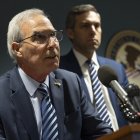
Politics
Special prosecutor David Weiss criticizes Hunter Biden pardon, opposes dismissal of charges
Emmanuel Alejandro Rondón
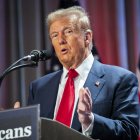
This reality led his aides increasingly isolate him from cabinet members and members of Congress. Congressmen Adam Smith and Jim Himes spoke to the WSJ and recounted their difficulties in communicating with the president.
Dealing with cabinet members was just as sporadic. During his four years in office, Biden held 9 cabinet meetings, considerably fewer than Trump's 25 and Obama's 19 in his first term.
Interview with special prosecutor Robert Hur
The investigation into the classified documents led appointed special prosecutor Robert Hur to conduct one of the longest interviews with the president. The preparation sessions before the interview lasted about three hours a day for a week. "During these sessions, Biden’s energy levels were up and down. He couldn’t recall lines that his team had previously discussed with him, the person said," the WSJ indicated.
"The actual interview didn’t go well. Transcripts showed multiple blunders, including that Biden didn’t initially recall that in prep sessions he had been shown his own handwritten memo arguing against a surge of troops in Afghanistan," they added.
The 2024 campaign
Interviewees described Biden as isolated during the 2024 presidential campaign, receiving questions before going to fundraising events and with a group of aides constantly watching him.
"These aides, which include Annie Tomasini and Ashley Williams, were often with the president as he traveled and stayed within earshot or eye distance, the people said. They would often repeat basic instructions to him, such as where to enter or exit a stage," the report cited.













